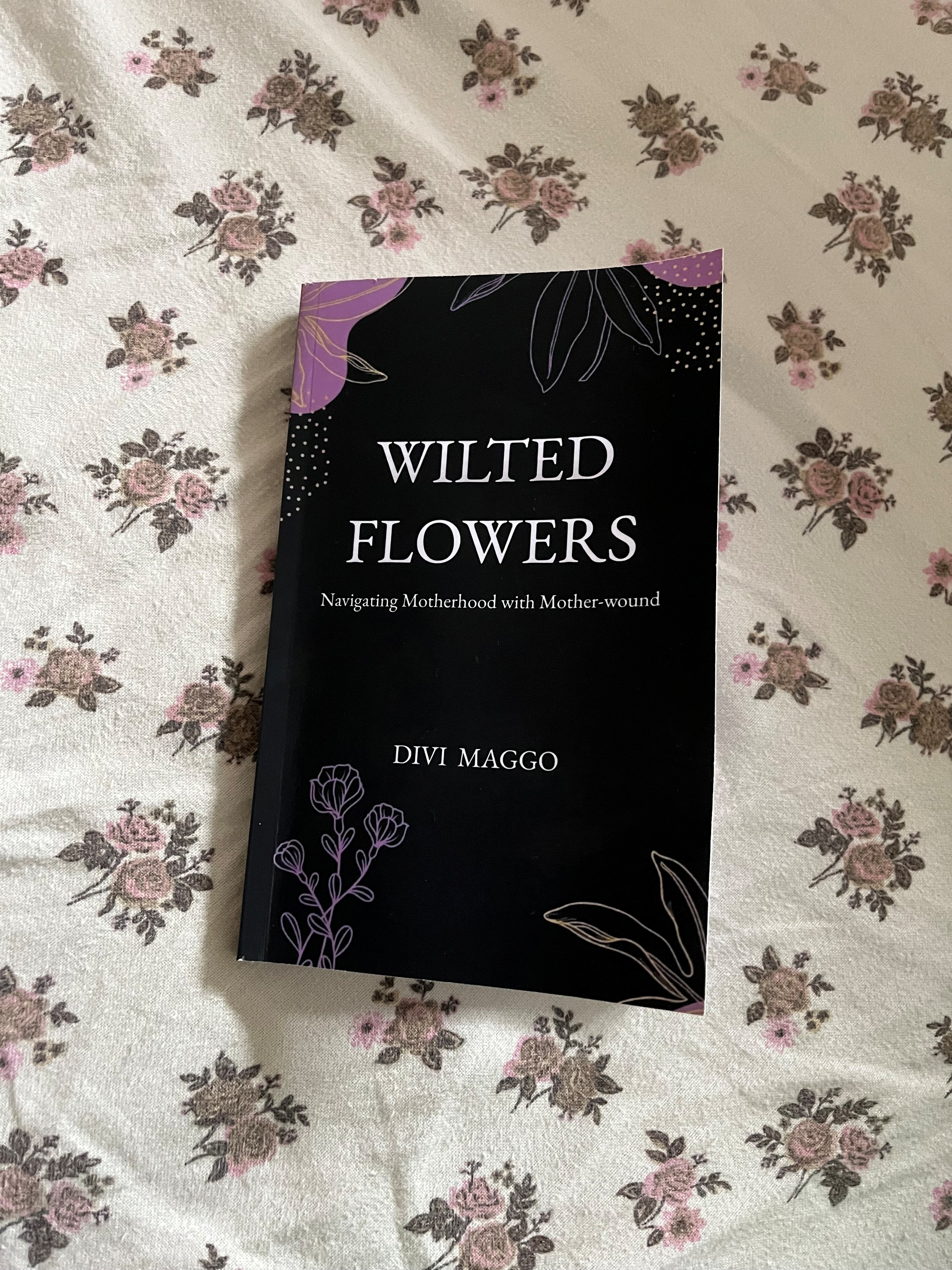
Content Warning:
This post discusses childhood trauma, abuse, and generational harm.
Please read with care and take breaks if needed.
I read this book in about an hour — it’s written in a journaling format, and from the very first pages it hit me hard. Before anything else, I want to say that I am incredibly sorry for what the author went through. No child should ever experience abuse, especially at the hands of someone who is supposed to protect them. I finished this book in a single sitting — not because it was light, but because it refused to let me go. Written like a journal, every line felt like a breath pulled straight from the author’s chest. And before anything else, I want to say this:
Dear Divi,
I am so sorry that this happened to you. You are incredibly brave for speaking out now, especially when your voice was taken from you as a child.
No child should carry the weight you were forced to hold.
No voice should be stolen before it has even learned to speak.
Your courage in sharing your truth now is powerful, and I honour it.
As I read, I felt anger rise for you — the kind that comes from witnessing injustice, from knowing that too many girls and women have been hurt by the very people meant to protect them. The world must do better. Too many women and girls have lived through trauma like this, usually inflicted by someone close to them, and it is heartbreaking. Society must do better — through real accountability, real protection for children, and real consequences for those who harm them.
But this book did more than make me angry.
It made me reflective.
It made me remember.
This book made me angry on behalf of Divi Maggo, but also deeply emotional and sad. As a daughter of a narcissistic mother, I recognised parts of myself on those pages. From a very young age, I felt I had to raise and protect myself. I don’t speak to my mother now either — everything was always about her, and she was the victim in every situation.
She left when I was nine and moved to another country. Before that, up to around age six, I barely remember her because she was always working and I was offloaded to my grandad. Growing up, the only message she repeated was that I shouldn’t get pregnant because a child would “ruin my life.” In hindsight, I think she was projecting her own unresolved feelings onto me.
Now, being a mother myself, I know how wrong she was. Being a mother to My daughter is the most magical and meaningful experience of my life. I am grateful for her every single day. But as the author mentioned in her book, motherhood also brings a heightened awareness — I now think about my daughter’s safety as much as my own. There are people in this world who cause unimaginable harm, and as a society we need education, accountability, and better systems to protect children.
Boys and men must be educated about consent, boundaries, and appropriate behaviour — just as girls must be empowered to understand their own worth and safety.
Thank you, Divi Maggo, for writing this book with such honesty.
Thank you for stripping your experience down to its truth, without polish or performance.
Thank you for reminding survivors that they are not alone.
Thank you, Divi Maggo, for writing this book and for being your raw, honest self. Being a mother who was raised by narcissistic parents is incredibly difficult. There is no blueprint for healthy parenting when you didn’t experience it yourself. But thankfully, we live in a time when information, support, and resources are accessible. Breaking generational trauma is hard work, but we owe it to our children.
Breaking generational trauma is messy work.
There is no manual for becoming the mother you never had.
But there is intuition, courage, and the quiet decision to do better.
We choose love over control.
Gentleness over fear.
Presence over absence.
Because now we know what unconditional love feels like.
And how easy it is to be kind, gentle, and present — instead of controlling, dismissive, or abusive.
We choose to build our children up, not break them down.
And by doing so, we build a different future for our children — one where they never have to guess if they are loved.
This book reminded me of that, and I’m grateful for it.
If you decide to read this book:
Take your time. Pause when you need to.
Let the words sit with you.
And hold space for both the pain and the resilience within its pages.